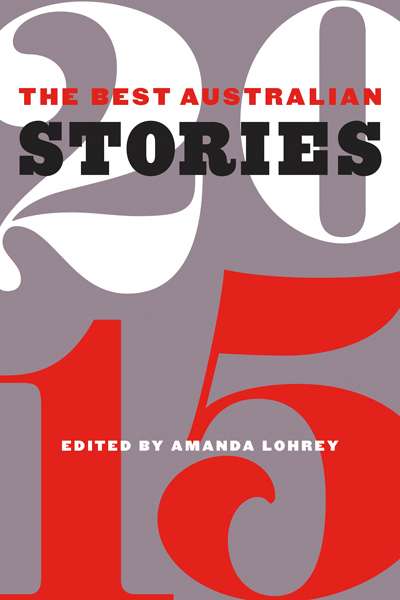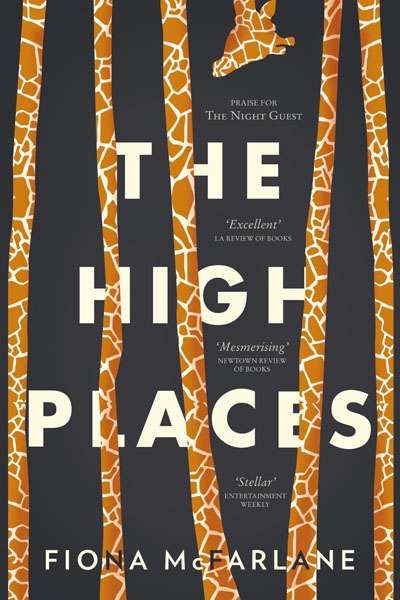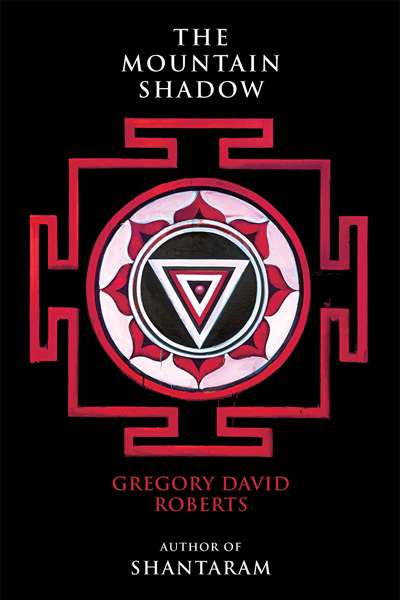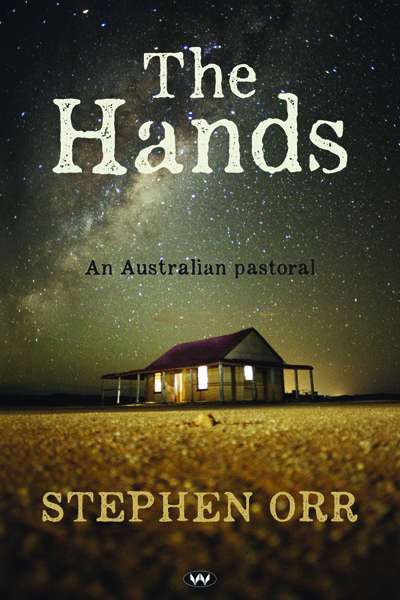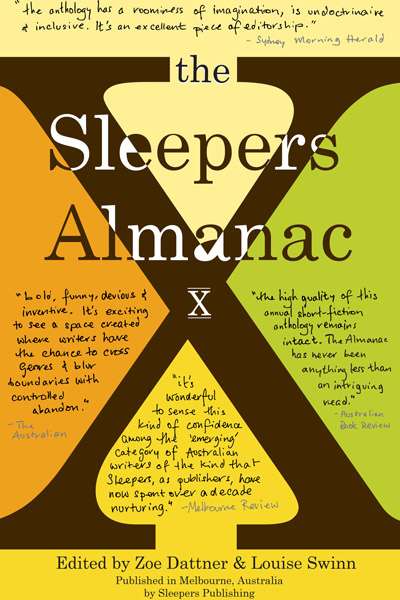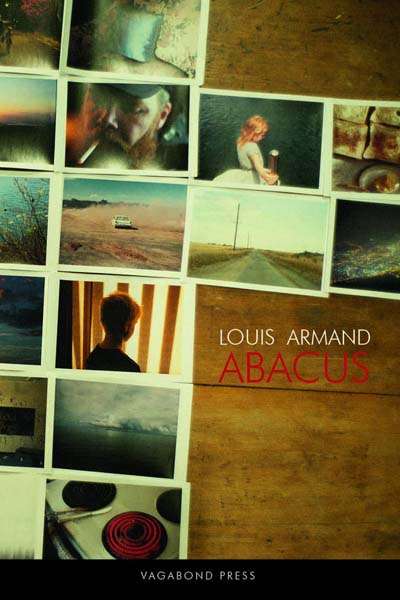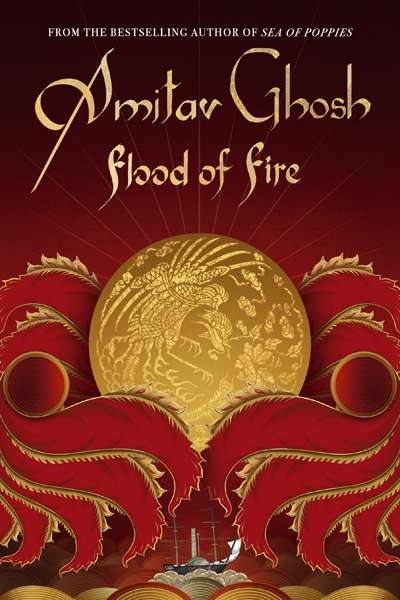Fiction
The Best Australian Stories 2015 edited by Amanda Lohrey
In Jo Case's 'Something Wild', young single mother Kristen is tempted to rediscover 'the thrill of doing what she feels like, just to see what happens'. She could be speaking for characters in many of the pieces in The Best Australian Stories 2015, a collection that features people on the verge of transgression. As Amanda Lohrey writes in her introduction, ...
Towards the end of Fiona McFarlane's enigmatic collection of short stories, The High Places, we meet the odd, enchanting story 'Good News for Modern Man', which functions as a key to many of the book's concerns. The story centres around Dr Bill Birch, a malacologist undertaking an obsessive study of a colossal female squid, Mabel, which he has trapped in Ne ...
Devoted fans have been awaiting the sequel to Gregory David Roberts's cult classic Shantaram for twelve years. A bestselling book in Australia and overseas, Shantaram centres on Lin, an escaped Australian criminal who becomes a Bombay gangster. Loosely based on the author's own life, Shantaram encouraged an intriguing frisson between the w ...
Cloudless is the first verse novel from Christine Evans, a Australian playwright now resident in Washington, D.C., where she is a member of faculty at Georgetown University. Set in Perth in the 1980s, after 'the late seventies / when Bondy ruled the roost', but twenty years prior to the mining boom, Cloudless relates the story of eight characters w ...
The Wilkie family has farmed cattle at the edge of the desert for 130 years. When catastrophe strikes, three generations of men must wrestle with secrets from the past and the present. The decision whether or not to continue on a failing station becomes critical; definitive action no less testing.
The subtitle juxtaposes elegy and irony: though some characte ...
The Sleepers Almanac X edited by Zoe Dattner and Louise Swinn
In more than ten years on the scene, Sleepers has positioned itself as both champion of the small press sector – the natural home of the short story – and a canny player in the broader publishing landscape; its Almanac has been a reliable litmus test for the direction of new Australian writing.
In this instalment, several absurdist and satirical works are stacked into the c ...
Abacus is Prague-based Australian author and poet Louis Armand's seventh novel, his fifth in as many years. Such a prolific work rate is admirable, but in telling a story which covers the entirety of the twentieth century, as seen through the eyes of ten disparate ...
Like Bob Dylan and Leonard Cohen, Morrissey is among the relatively few figures in popular music deemed worthy of serious academic attention. Scholarly theses on Morrissey are common, dissecting the poetic cadence and social relevance of his remarkable song lyrics, from The Smiths' self-titled début album of 1984 to more recent solo albums. It is not surprising, th ...
Amitav Ghosh has spent more than ten years writing the Ibis trilogy, his fictional account of the turbulent years leading to the First Opium War of 1839–42. Flood of Fire follows Sea of Poppies (2008) and River of Smoke (2011). It is unnecessary to have read the earlier books, though reuniting with some of the characters is enjo ...
The best short stories are like a glimpse into a room as you rush past in a train – the messy kitchen table, an empty handbag, the perfectly made bed – a snapshot with enough detail to suggest so much more.
In Six Bedrooms, Tegan Bennett Daylight takes us into the world of growing up, of desire and shame, and of repeatedly making mistakes. She k ...

